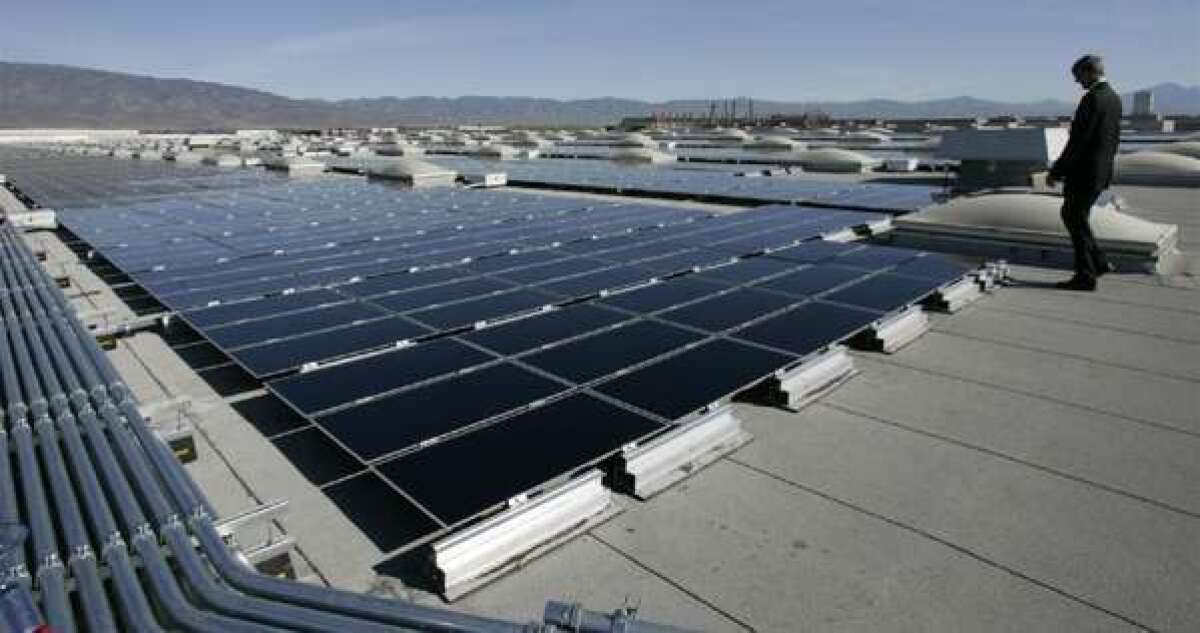Letters to the Editor: We can build all-electric buildings today. Cities should require them

To the editor: The American Institute of Architects California, an association of 11,000 architects in California, wholeheartedly agrees that now is the time to insist that future buildings are designed to be more energy efficient and to be ready for renewable energy sources. (“This is easy — new buildings should be designed for a fossil fuel-free future,” editorial, Oct. 19)
Our group is taking several steps to get there. We are actively supporting the adoption of an all-electric energy code for residential and commercial buildings. We are actively supporting efforts by local governments to require new buildings in their jurisdictions to be all-electric before it becomes a state mandate. We believe the move to all-electric buildings must begin right away.
Indoor and outdoor air pollution disproportionately affect disadvantaged communities and communities of color, and unfortunately, California continues to lead the nation in air pollution. These structural inequities must be addressed with urgency.
All-electric buildings of all types and sizes are already being designed today. They use efficient electric appliances that run on California’s rapidly expanding clean renewable energy supply supplemented with rooftop or community solar.
We encourage the city of Los Angeles to join other communities in California that have shown leadership in supporting a truly equitable and sustainable future by requiring buildings to be all-electric.
Debra Gerod, Los Angeles
The writer, an architect, is president of the American Institute of Architects California.
..
To the editor: Your editorial on building codes reminded me of the recent House Select Committee on Energy Independence and Global Warming’s report. The report is detailed, but it does not emphasize the more important point: Serious action on climate change demands a carbon tax.
Inside the report are these statements: A carbon price “percolates through the entire economy, providing an incentive for all decision makers in the economy to look for ways to reduce emissions,” and, “Until the market reflects the true cost of carbon pollution, the U.S. economy will remain biased toward fossil fuel combustion.”
We can choose to do mandates, pass rules and regulations and provide subsidies, but to get everyone on the same page, consumers, investors and businesses must understand that dirty fuel prices are rising and will continue to do so. A carbon tax will make the market design and build better buildings.
Mark Tabbert, Irvine
More to Read
A cure for the common opinion
Get thought-provoking perspectives with our weekly newsletter.
You may occasionally receive promotional content from the Los Angeles Times.










